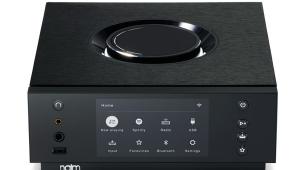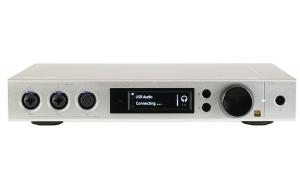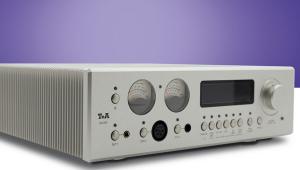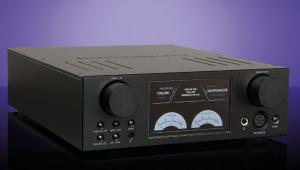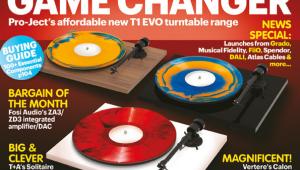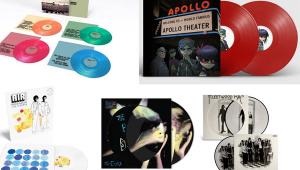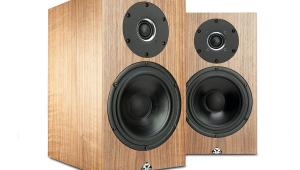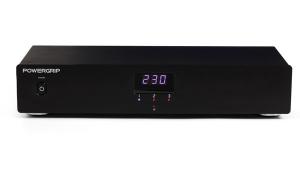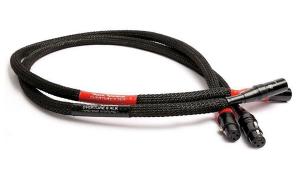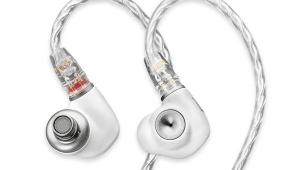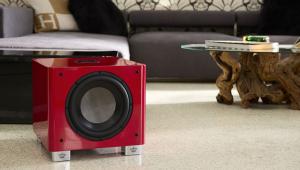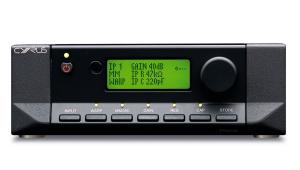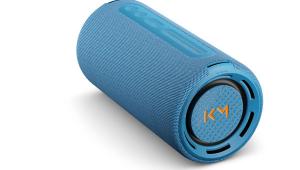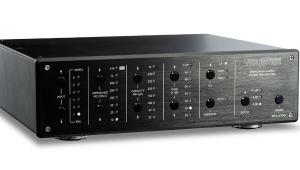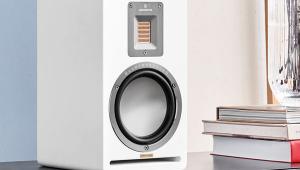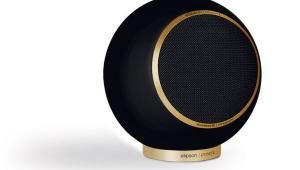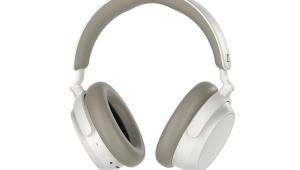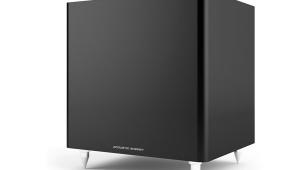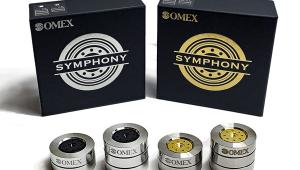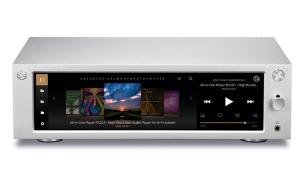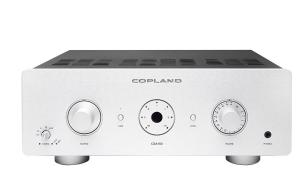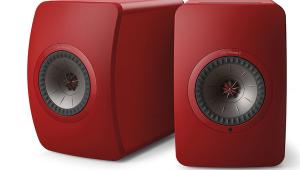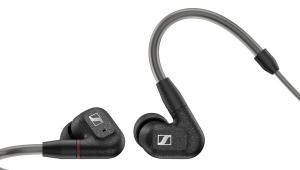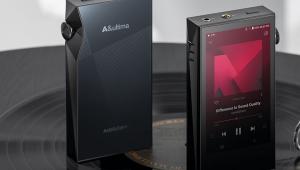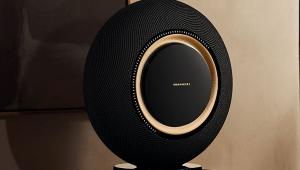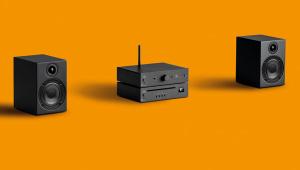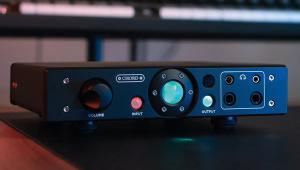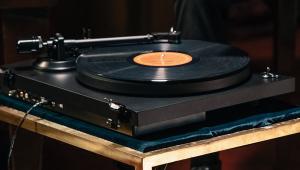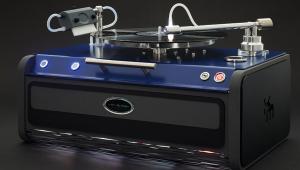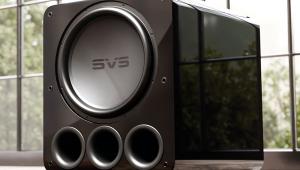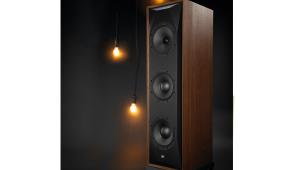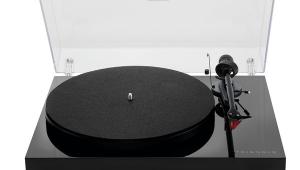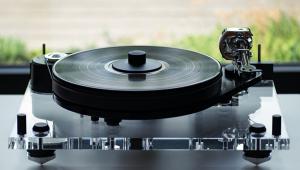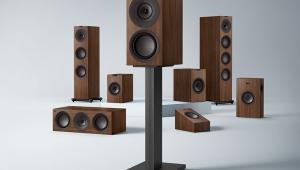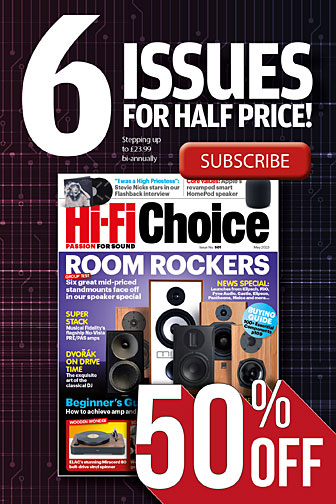Topping Audio DX7 Pro
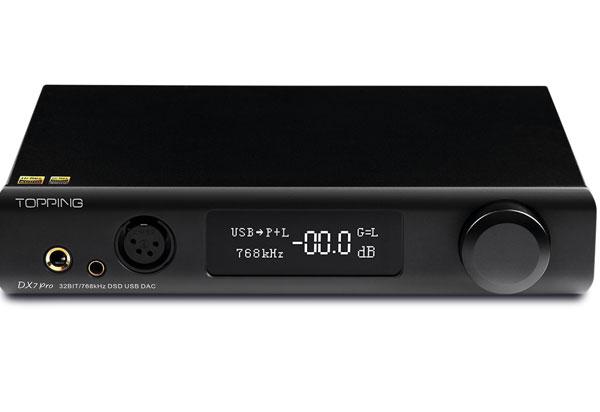
 Chinese company Topping Audio designs and manufactures USB DACs and Class D amplifiers. The DX7 Pro is a combined USB balanced DAC and headphone amp in a single smart case that incorporates the power supply. At the heart of the unit is the ESS Technology flagship ES9038Pro Sabre DAC chip. This has a high dynamic range of up to 140dB from the 32-bit, 8-channel DAC. The ES9038Pro also features ESS’ patented 32-bit HyperStreamDAC technology with -122dB total harmonic distortion plus noise (THD+N) and support for a wide range of sampling rates.
Chinese company Topping Audio designs and manufactures USB DACs and Class D amplifiers. The DX7 Pro is a combined USB balanced DAC and headphone amp in a single smart case that incorporates the power supply. At the heart of the unit is the ESS Technology flagship ES9038Pro Sabre DAC chip. This has a high dynamic range of up to 140dB from the 32-bit, 8-channel DAC. The ES9038Pro also features ESS’ patented 32-bit HyperStreamDAC technology with -122dB total harmonic distortion plus noise (THD+N) and support for a wide range of sampling rates.
The USB uses the second-generation XMOS XU208 chip that is part of the xCORE-200 Series and is a 32-bit, low-latency multicore microcontroller. It’s capable of executing multiple real-time tasks simultaneously and communicating via a high-speed network. Bluetooth 5.0 support is handled by a Qualcomm CSR8675 chip compatible with aptX, aptX LL, aptX HD and LDAC as well as remote transmission from a smartphone or tablet. These protocols not only allow speed and stability, but also provide support of higher sampling rates because the chip is able to decode PCM streaming up to 24-bit/96kHz (24-bit/48kHz for aptX HD).
The DX7 Pro has been designed to be fully balanced throughout its internal circuitry. To this end, the analogue section includes separate OPA1612 operational amps for each channel and headphone amplification of each channel is performed by a pair of TPA6120A2 ICs connected to the 4-pin balanced XLR output.
The rear panel is fitted with a USB-B port, I2S HDMI, coaxial, Bluetooth aerial and an AES/EBU connector for the exchange of digital audio signals between professional audio devices. It also offers balanced XLR and unbalanced RCA outputs, while 6.35mm, balanced 4.4mm and balanced 4-pin XLR headphone jacks can be found round the front.
The USB input supports PCM up to 32-bit/768kHz, native DSD up to DSD512 and DSD DoP up to DSD256. The coaxial, optical and AES/EBU ins support PCM up to 24-bit/192kHz and DSD DoP up to DSD64.
A good range of accessories come supplied, including a 6.35mm-to-3.5mm mini-jack adapter, USB data cable, UK AC power cable, Bluetooth aerial and remote control. The instruction manual recommends using a three-phase power cable – meaning you will need to have a proper earth connection in addition to the live and neutral. A Windows 10 USB driver can be downloaded from: tpdz.net/download.
Sound quality
I connect the DX7 Pro into my system and feed it from the coaxial output of my Cambridge Audio Azur 851N streamer. First up is a 24-bit/192kHz file of Cole Porter’s Too Darn Hot sung by Clare Teal with the Syd Lawrence Orchestra. I am really blown away by the clarity and forcefulness of the opening saxophones, which lead nicely into Teal’s vocals. The timing and pace is superb and the excitement is really well conveyed. Teal’s singing has great energy and enthusiasm, and the soundstage is impressively wide and deep in my listening room, with the vocals positioned out in front – precisely as they should be.
To test the DX7 Pro as a headphone amplifier, I use a Sennheiser HD 800 S (HFC 439) dynamic headphone that has been fitted with a Nordost Heimdall 2 balanced cable (HFC 440). After pairing the Bluetooth with my Android phone and selecting the headphone output on the remote control, I play Torelli’s Concerto For Four Violins performed by Musica Antiqua Köln. The quality is amazingly sophisticated – there is so much effortless detail, I find it difficult to believe I am playing the music from my phone.
Conclusion
I’m really impressed with the DX7 Pro, both as a DAC and headphone amplifier. It certainly scores on sonics and is up there with other high-quality DACs currently available. It has loads of facilities and can accept inputs from a wide range of sources, including Bluetooth, USB, coaxial and optical. With its fully balanced circuitry, it will also be great for professional users while the ability to support balanced dynamic headphones is a real plus. NR
DETAILS
Product: Topping Audio DX7 Pro
Type: DAC/headphone amplifier
FEATURES
● Inputs: optical; coaxial; AES/EBU; USB-B; I2S HDMI
● Outputs: balanced XLR; unbalanced RCA line level; 6.35mm, 4.4mm and 4-pin XLR headphone jacks
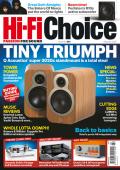 |
Inside this month's issue:
Q Acoustics 3020c standmount loudspeakers, Perlisten R10s active subwoofer, Quad 33 and 303 pre/power amps, Acoustic Solid Vintage Full Exclusive turntable, newcomer Fell Audio Fell Amp and Fell Disc and lots, lots more...
|
